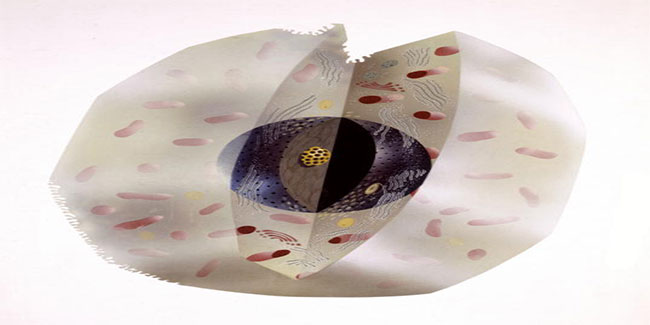
Negative impact of high salt diet upon blood pressure is well known. Not many people know it plays a crucial role for health of your liver as well.
Experts are of the opinion that having too much salt in your diet does not damage your liver but someone who is suffering from liver damage, due to any other possible reasons such as hepatitis or excessive drinking habits, should limit the intake of salt. So, here is what all you need to know about salt and its effects on your liver.
Table of Content:-

High salt diet and liverIf you are concerned enough to maintain healthy liver functioning than it is advised to avoid high salt intake in your diet. Association of hypertension and blood pressure with high salt diet was discovered decades back, however, a recent study identified that this habit may also have adverse effects on liver of adults and developing embryos. Besides, , if you are suffering from some liver disease, than a high salt diet is definitely a BIG NO.
Excessive salt in liver failure- Study outcome
In one of the experiment where scientists have fed the adult mice with a high-salt diet and exposed chick embryos to a salty environment, the liver of the mice was found to be severely affected.
The liver cells of these mice were found to be oddly shaped, with increased cell death and reduced cell proliferation, all of which together can lead to the development of liver fibrosis.
In extension, this high salt intakecan stimulate generation of excessive reactive oxygen species (ROS) and increase of inflammatory cells which in turn can trigger progression of liver fibrosis. Liver fibrosis is a condition where excessive accumulation of "extracellular matrix" proteins like collagen occurs.
Collagen supports the liver cells in performing certain functions like breaking down of old and damaged cells and metabolizing fats for energy generation.
Adequate amount of salt required
Our body need salt to maintain good bone density, water regulation, transmission of nerve signals, stabilized blood sugar levels etc., however, the quantity required to perform these functions efficiently is very less.
According to the standard U.S. Recommended Daily Allowance (RDA) guidelines, a healthy adult needs approximately 2,300 mg of sodium which accounts for about a teaspoon per day.
This requirement is even less in case of elderly person and high blood pressure patients with the amount of about 1,500 mg per day. Similar, quantities of salt intake were prescribed to the patients with liver failure.
How low salt intake improve liver disease
Liver supports proper processing of the consumed fluids. Excessive intake of salt results in increased water consumption followed by elevated water retention in the body which in turn stresses the damaged liver. Therefore, low salt intake prevents enhanced stressing of the liver, thereby preventing further progression of liver failure.
Diet for liver disease
Key strategies to cut down the excessive salt intake include increased consumption of fresh fruit, vegetables and meats with no added ingredients, reduced intake of processed foods and selecting food with less “hidden” salts. In addition, , few studies have also reported the partial reversal of damaged liver cells on treatment with vitamin C which is a potent antioxidant.
Read Next
Why should you buy medicines online?
How we keep this article up to date:
We work with experts and keep a close eye on the latest in health and wellness. Whenever there is a new research or helpful information, we update our articles with accurate and useful advice.
Current Version